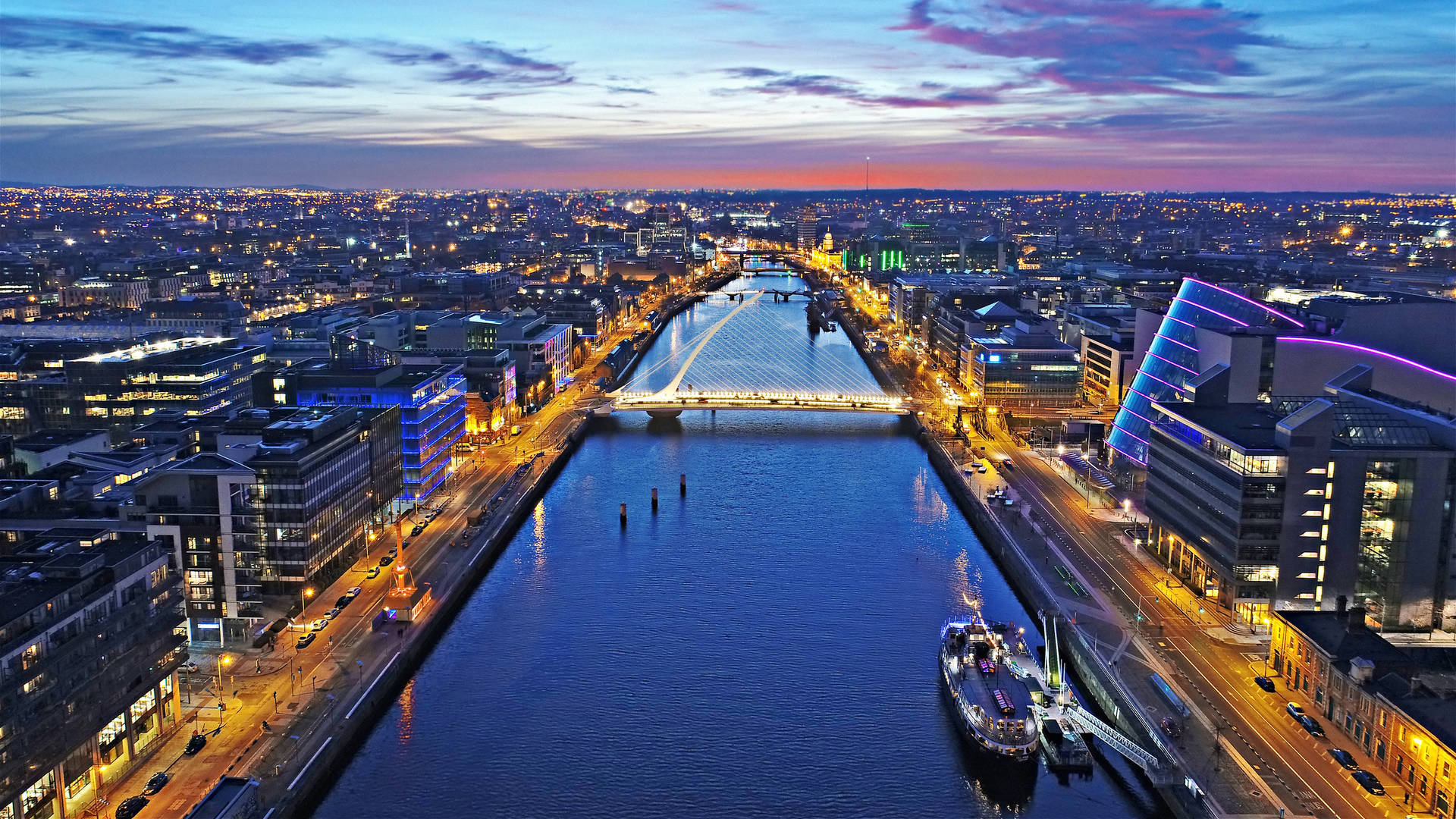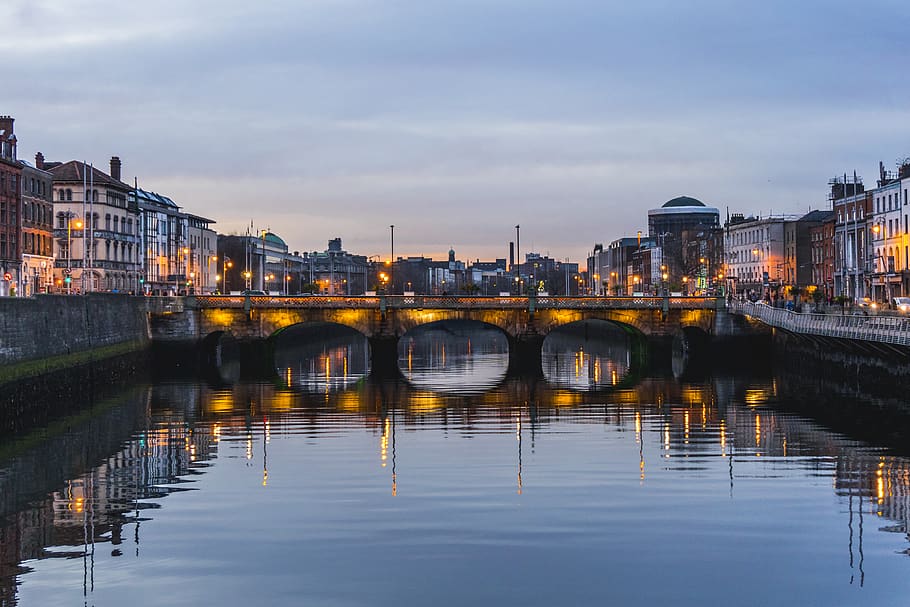
Investment in Ireland
At Green Star Services, we are more than just a recruitment agency; we are your trusted partner in both career advancement and educational pursuits. Specialising in recruitment and education visa services, we offer comprehensive assistance to individuals seeking employment opportunities and educational pathways abroad. Our dedicated team works tirelessly to match qualified candidates with the right job roles and guide aspiring students through the visa application process, ensuring a smooth transition to their desired destinations. With a commitment to excellence, integrity, and personalised service, Green Star Services is here to support you every step of the way on your journey to success.

Tax benefits of Investing in Ireland
Investing in Ireland presents a lucrative opportunity due to its favorable business environment, skilled workforce, and strategic location within the European Union. With a low corporate tax rate of 12.5% and various tax incentives for businesses, Ireland offers a competitive advantage for investors. Key sectors such as technology, pharmaceuticals, financial services, and renewable energy continue to thrive, providing diverse investment opportunities. Additionally, Ireland's stable political landscape and commitment to innovation make it an attractive destination for long-term investment growth.

Current best economic markets
As of 2024, Ireland offers promising investment opportunities across various sectors. Dublin's thriving technology scene, dubbed Europe's Silicon Valley, attracts significant investment in software development, AI, fintech, and cybersecurity. Additionally, the country's commitment to renewable energy drives projects in wind farms, solar energy, and offshore wind, supported by government incentives. Ireland's life sciences industry remains a key driver of growth, with investment in pharmaceuticals, biotech, and medical devices. Despite pandemic challenges, the resilient real estate market in urban centers like Dublin and Cork offers opportunities in commercial and residential developments, including student accommodation. Furthermore, Ireland's agri-food sector continues to expand globally, with investment potential in food processing, agri-tech innovation, and sustainable agriculture. Additionally, Dublin's status as a financial hub attracts investment in banking, insurance, and asset management, bolstered by a skilled workforce and favorable regulatory environment.

Investment in Real Estate
For decades, property investment has played a key role in wealth creation in Ireland. Shaped by political upheavals, economic transitions, and cultural traditions, property ownership is more than an investment—it's deeply tied to the Irish sense of identity.
Historically, land ownership in Ireland has been closely associated with wealth and social status. During British rule, most Irish people were tenants farming land they did not own, a situation that caused widespread economic and social hardship, culminating in the Great Famine.
In the aftermath of the famine, land reform became a political priority. A series of Land Acts in the late 19th and early 20th centuries began redistributing land from absentee landlords to tenant farmers, a process largely completed by the mid-20th century. For many, owning land became a powerful symbol of freedom and independence, embedding property ownership into Ireland's cultural fabric.
Beyond economics, owning property in Ireland carries deep cultural significance. It is seen as a milestone in life and a connection to personal autonomy and self-reliance. For many Irish families, owning property represents security and a legacy for future generations.
Ireland’s property market experienced a significant transformation during the economic boom of the Celtic Tiger era in the late 1990s and early 2000s. During this period of rapid economic growth, property values soared, and both residential and commercial real estate became popular investment choices for individuals from all walks of life. The physical nature of property, combined with its historical importance, made it an appealing and seemingly secure investment.
However, the 2008 financial crisis exposed vulnerabilities in the property market. Prices plummeted, leaving many investors in negative equity and shaking confidence in property as a risk-free investment. Despite this setback, the market eventually recovered, and property remains a key component of many investment portfolios in Ireland.
Even with the risks highlighted by past economic downturns, property retains its allure for Irish investors. This is driven by both practical financial considerations and the cultural and historical importance of land ownership. For many, property is not only a pathway to financial growth but also a symbol of stability, security, and continuity.
Historically, land ownership in Ireland has been closely associated with wealth and social status. During British rule, most Irish people were tenants farming land they did not own, a situation that caused widespread economic and social hardship, culminating in the Great Famine.
In the aftermath of the famine, land reform became a political priority. A series of Land Acts in the late 19th and early 20th centuries began redistributing land from absentee landlords to tenant farmers, a process largely completed by the mid-20th century. For many, owning land became a powerful symbol of freedom and independence, embedding property ownership into Ireland's cultural fabric.
Beyond economics, owning property in Ireland carries deep cultural significance. It is seen as a milestone in life and a connection to personal autonomy and self-reliance. For many Irish families, owning property represents security and a legacy for future generations.
Ireland’s property market experienced a significant transformation during the economic boom of the Celtic Tiger era in the late 1990s and early 2000s. During this period of rapid economic growth, property values soared, and both residential and commercial real estate became popular investment choices for individuals from all walks of life. The physical nature of property, combined with its historical importance, made it an appealing and seemingly secure investment.
However, the 2008 financial crisis exposed vulnerabilities in the property market. Prices plummeted, leaving many investors in negative equity and shaking confidence in property as a risk-free investment. Despite this setback, the market eventually recovered, and property remains a key component of many investment portfolios in Ireland.
Even with the risks highlighted by past economic downturns, property retains its allure for Irish investors. This is driven by both practical financial considerations and the cultural and historical importance of land ownership. For many, property is not only a pathway to financial growth but also a symbol of stability, security, and continuity.
Invest with Green Star Services
If you're considering investment opportunities in Ireland, look no further than Green Star Services. Our expertise and personalized approach ensure a smooth and successful investment journey. Contact us today to explore your options and start investing with confidence.